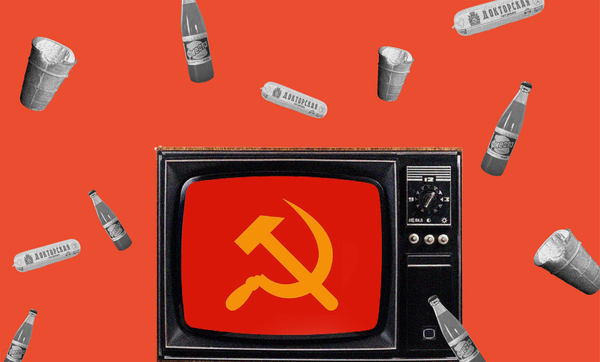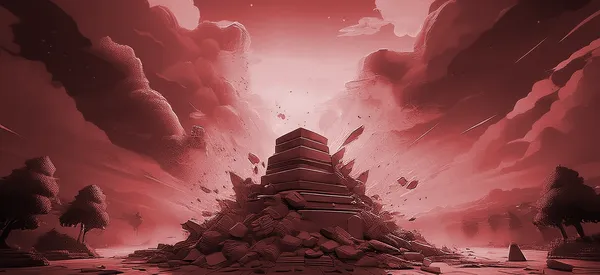"Soft drinks commercials" and "gentle" Russification: How the USSR was creating an alternative reality

Soviet movies, along with a major part of Soviet literature and songs, attempted to describe an alternative utopian world that had little to do with the real Soviet life in the USSR, but which was implicitly presented as the "reality".In this imagined Soviet life, there was no poverty, no corruption among high officials, no police brutality against innocent, unarmed or unresisting people, and no police officer could knowingly collude with organized crime; while the existence of crime, corruption, and hooliganism was acknowledged, they were presented as marginal activities that could only exist at the lower levels of society. In this world, the criminals were always afraid of the police, but never vice versa.Читати українською


